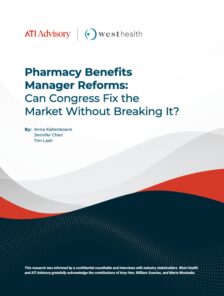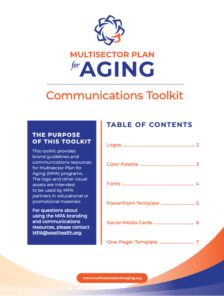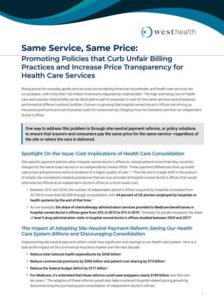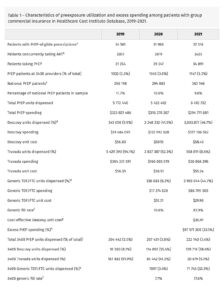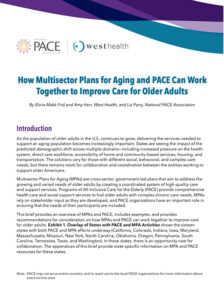Find publications, resources, and other tools from West Health and its collaborators on a wide range of topics related to aging and healthcare. Materials include case studies, issue briefs, journal articles, policy research, public opinion surveys, care guides, videos, and more. Search by topic, type, or keyword.
Publications and Resources
Featured PUBLICATION
2022 Healthcare in America Report
The West Health-Gallup 2022 Healthcare in America Report sheds light on the persistently grim perceptions of the U.S. healthcare system. A staggering 44% of American adults assign it a poor or failing grade, a sentiment that transcends political and socioeconomic boundaries.
Read The Publication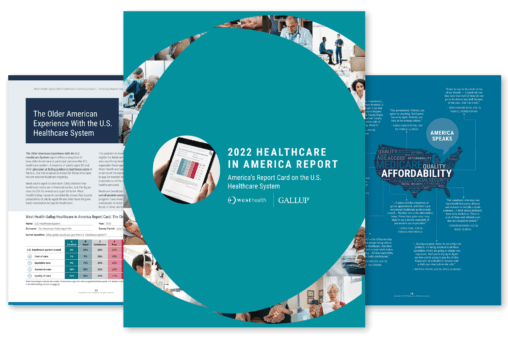

![PBM Summary 04.10.24[32] thumbnail](https://s8637.pcdn.co/wp-content/uploads/2024/04/PBM-Summary_04-10-2432-pdf-image-224x296.jpg)
